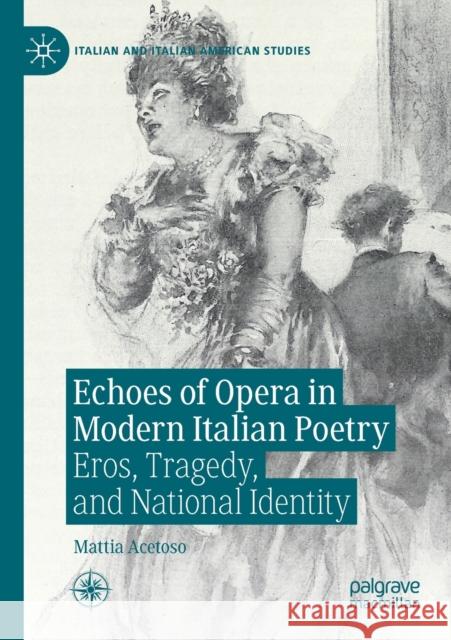Echoes of Opera in Modern Italian Poetry: Eros, Tragedy, and National Identity » książka
topmenu
Echoes of Opera in Modern Italian Poetry: Eros, Tragedy, and National Identity
ISBN-13: 9783030460938 / Angielski / Miękka / 2021 / 276 str.
Echoes of Opera in Modern Italian Poetry: Eros, Tragedy, and National Identity
ISBN-13: 9783030460938 / Angielski / Miękka / 2021 / 276 str.
cena 349,38 zł
(netto: 332,74 VAT: 5%)
Najniższa cena z 30 dni: 346,96 zł
(netto: 332,74 VAT: 5%)
Najniższa cena z 30 dni: 346,96 zł
Termin realizacji zamówienia:
ok. 20 dni roboczych.
ok. 20 dni roboczych.
Darmowa dostawa!
Kategorie:
Kategorie BISAC:
Wydawca:
Palgrave MacMillan
Seria wydawnicza:
Język:
Angielski
ISBN-13:
9783030460938
Rok wydania:
2021
Wydanie:
2020
Numer serii:
000456348
Ilość stron:
276
Waga:
0.38 kg
Wymiary:
21.01 x 14.81 x 1.65
Oprawa:
Miękka
Wolumenów:
01
Dodatkowe informacje:
Wydanie ilustrowane











